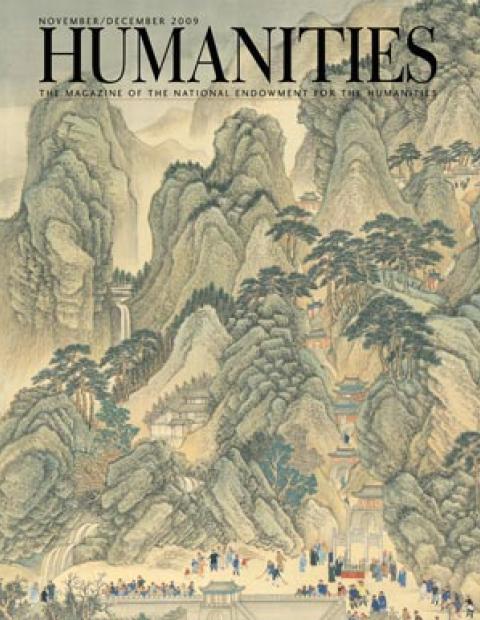Oregon Humanities magazine’s summer ’09 issue provokes much thought on the matter of things, possessions, or, as the editors call it, “stuff.” The issue is stuffed with stuff on stuff, including a delightful essay “in praise of materials and materialists” by Charles Goodrich. It zooms from Goodrich’s home workshop to Mount Olympus and “the blue-collar god” Hephaestus. “The true materialist,” writes Goodrich, “wants to know the biography of an object, where it came from, how it was made, what it wants to do in the world.” The issue’s other articles contain much thoughtful agonizing about the banality of personal possessions.
But who doesn’t feel privileged and yet embarrassed to have so many things? Expensive, cheap, beloved, forgotten, and, above all, plentiful things? Portland writer John Holloran shrewdly diagnoses the condition as one of disenchantment. “Cell phones used to seem miraculous, if obscenely expensive to use. Now they’re so cheap and ubiquitous, so unremarkable, so taken for granted, that there are recycling bins for them; they are easily tossed aside, disposable. How does an otherwise extraordinary object transform itself into something so disappointingly ordinary?”
Holloran compares his own disenchantment to Buzz Lightyear’s in the movie Toy Story. Buzz thinks he is a real superhero. This false consciousness is, however, threatened when the toy sheriff explains that he cannot fly and that his wrist-mounted lasers do not, in fact, shoot futuristic laser beams. Poor Buzz soon finds himself in a toy store confronted by a “vast shelf of Buzz Lightyear action figures, all of whom cling to a mass delusion of sorts, believing the advertising copy, thinking the words printed on their boxes translate into real working features.”
Other articles veer from the delightful habit of collecting to the woeful destructiveness of hoarding. Convenience and consumerism also come under the literary microscope. One need not be on the verge of camping out at Walden Pond to find the various treatments sympathetic. The issue is a welcome reminder of how easy it is to mistake the promise of an object for the promise of fulfillment.
Of course, there is a class of things which deliver on their promises. Who, for instance, doubts the worth of a good magazine?

